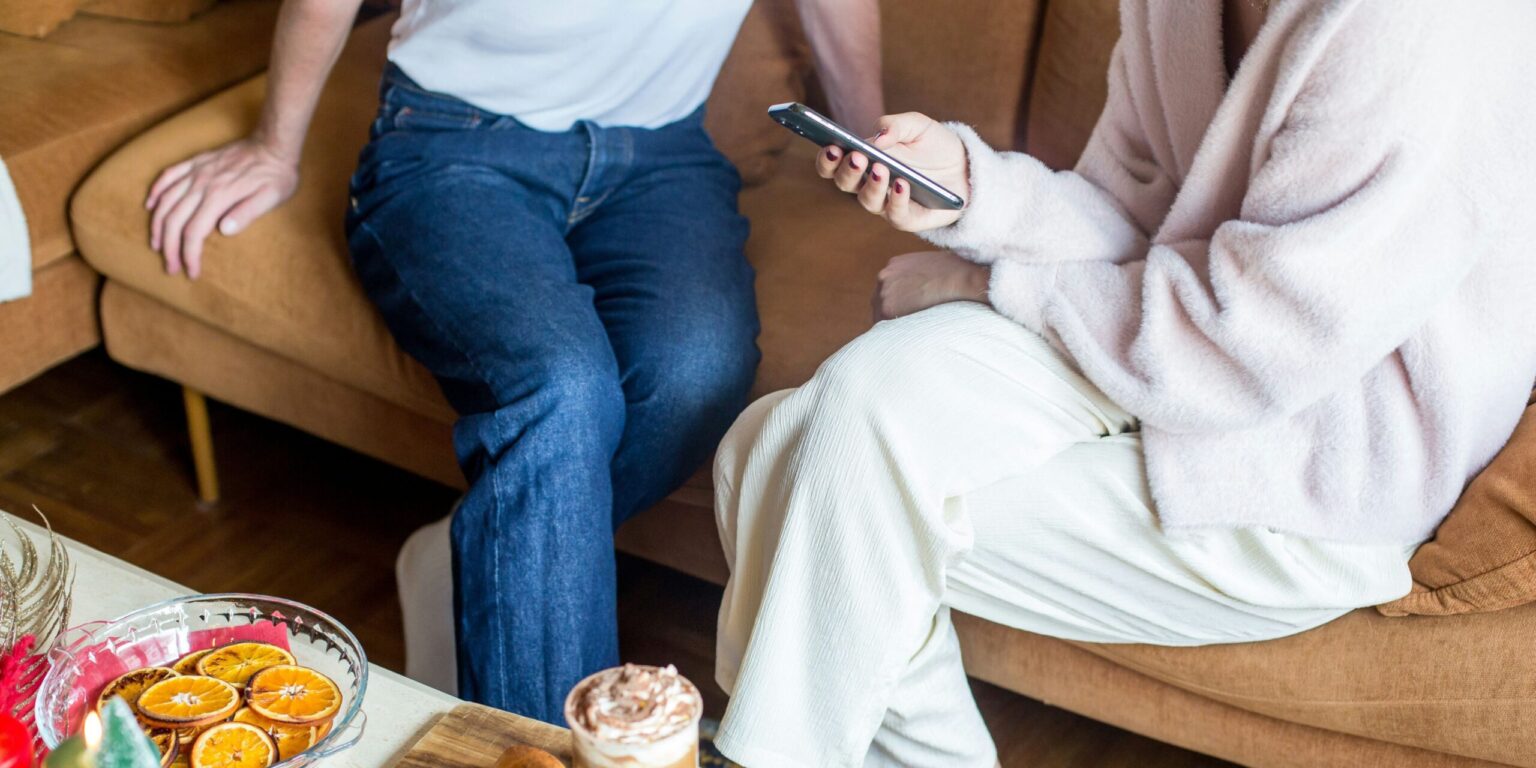By Mariah Benson, Senior Correspondent
Mental health technology is evolving rapidly, and women in the United States are at the forefront of this digital revolution. New apps designed by women for women are transforming how millions manage anxiety, depression, and stress. These apps offer personalized support, mindfulness exercises, and professional counseling, all accessible from smartphones. In 2025, downloads of women-focused mental health apps surged by 45%, highlighting a growing demand for tailored emotional wellness solutions.
Women Leading the Charge in Mental Health Innovation
Over the past decade, mental health apps have become an increasingly common resource, but the new wave of women-led platforms is setting itself apart by focusing on gender-specific needs. Apps like CalmHer, MindfulShe, and EmotiCare have been developed by women founders who understand the unique emotional challenges women face, including hormonal fluctuations, postpartum depression, and social pressures.
Dr. Elena Ruiz, a clinical psychologist and creator of CalmHer, shared insights on the app’s mission: “Our goal was to create a safe digital space where women could find personalized mental health tools that acknowledge their lived experiences. Women often navigate different stressors compared to men, and it’s crucial these apps reflect that.”
According to data from Sensor Tower, the app analytics firm, women’s mental health apps accounted for nearly 30% of all mental health app downloads in the U.S. in the first quarter of 2025, marking a significant increase from previous years.
What Sets Women’s Mental Health Apps Apart?
Most general mental health apps focus broadly on stress, anxiety, and mood tracking, but women-focused apps delve deeper. Features commonly offered include:
Cycle-aware mood tracking that correlates with hormonal changes
Mindfulness exercises tailored for pregnancy and postpartum periods
Guided meditations for body image and self-esteem issues
On-demand access to female therapists and wellness coaches
Community support forums exclusive to women users
Maya Brooks, a wellness coach and co-founder of MindfulShe, explained, “Women want an empathetic and understanding approach to mental health. Our app uses AI-driven customization to adjust recommendations based on menstrual cycle, sleep patterns, and daily stress levels.”
User feedback has been overwhelmingly positive. Jessica Miller, 29, a teacher from Chicago, credits EmotiCare with helping her manage anxiety: “I never felt understood by generic apps. This app’s community and resources focused on women’s experiences made a real difference in my daily coping.”
Real-Life Impact: Success Stories From Users
The emotional support offered by these apps has proven transformative for many women juggling demanding careers, family responsibilities, and social pressures.
Maria Gonzalez, a mother of two and marketing executive in Miami, reported significant improvement in her postpartum depression symptoms after using CalmHer for six months. “The mindfulness exercises helped me regain control over my mood swings and stress,” she said.
Lauren Kim, a college student in Seattle, found MindfulShe’s mood tracking and guided meditation tools essential in managing academic stress and body image concerns. “It feels like having a coach and friend in my pocket,” she described.
Experts note these apps are filling a gap in traditional mental health care, where women often face barriers such as lack of time, stigma, or limited access to gender-sensitive therapy.
Expert Insights: Why Gender-Specific Mental Health Matters
Dr. Rachel Thompson, professor of psychology at NYU and a specialist in women’s mental health, emphasizes the importance of these digital tools: “Women’s mental health differs biologically and socially from men’s. Apps that acknowledge hormonal cycles, social roles, and trauma prevalence among women can provide better targeted interventions.”
Studies show that women are nearly twice as likely as men to experience anxiety and depression, yet are often underserved by generic treatments. Digital apps offer a scalable way to reach more women, providing resources outside traditional clinical settings.
Privacy expert Samuel Lee warns, however, about the sensitive nature of mental health data. “App developers must prioritize strong encryption and transparent policies to protect users’ information, especially for vulnerable populations like women,” he said.
Privacy, Accessibility, and Challenges
While the benefits of women’s mental health apps are clear, challenges remain. Privacy concerns top the list, with some users wary of how their data might be used or shared. Leading apps have responded by implementing robust encryption, anonymization protocols, and transparent user agreements.
Accessibility is another focus. Many apps now offer sliding-scale subscriptions or free tiers to accommodate low-income users. Language inclusivity is improving as well, with multilingual support expanding.
However, experts stress the importance of integrating these apps with traditional healthcare. “Apps should complement, not replace, professional mental health treatment,” Dr. Ruiz emphasized.
Looking Ahead: The Future of Women’s Mental Health Tech
The momentum behind women’s mental health apps shows no sign of slowing. Emerging trends include:
AI-powered personalized coaching that adapts in real time to emotional states
Virtual reality environments for immersive stress relief and therapy
Integration with wearable tech to monitor physiological indicators linked to mood
Focus on intersectionality to support women of diverse racial, socioeconomic, and cultural backgrounds
Maya Brooks believes the next generation of apps will blend technology with human empathy. “We’re building platforms that learn and grow with users, making mental health support more intuitive and effective than ever.”
Summary: The Tech Revolution in Women’s Emotional Wellness
Women-focused mental health apps surged in popularity in 2025, with a 45% increase in downloads.
These apps offer gender-specific features addressing hormonal cycles, postpartum support, and female-centric therapy.
Founders like Dr. Elena Ruiz and Maya Brooks emphasize personalization and empathy.
Users report improved anxiety management, postpartum recovery, and overall emotional resilience.
Privacy and accessibility remain priorities amid rapid innovation.
Future developments promise even more personalized, inclusive, and immersive mental health support for women.
